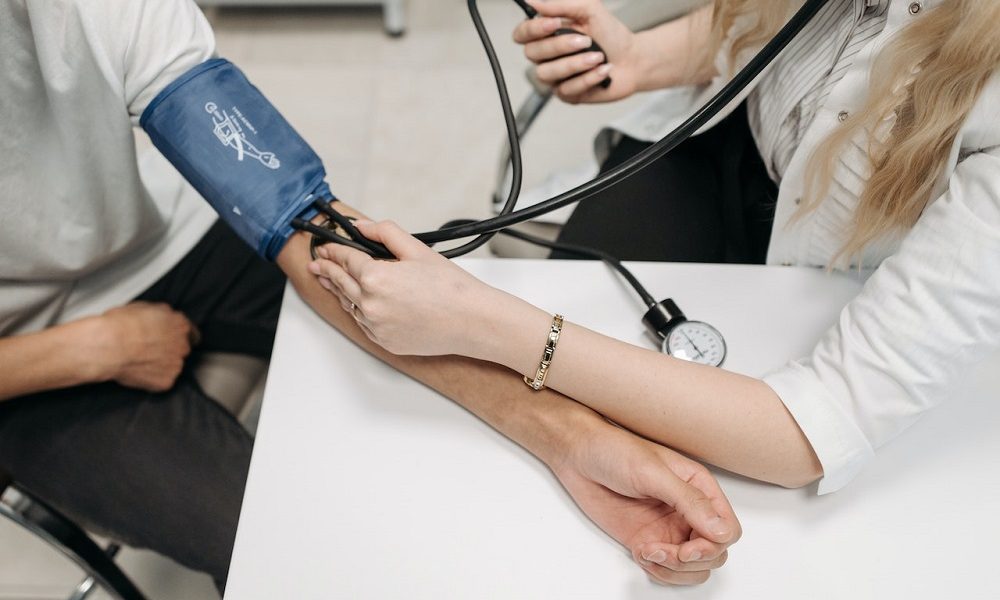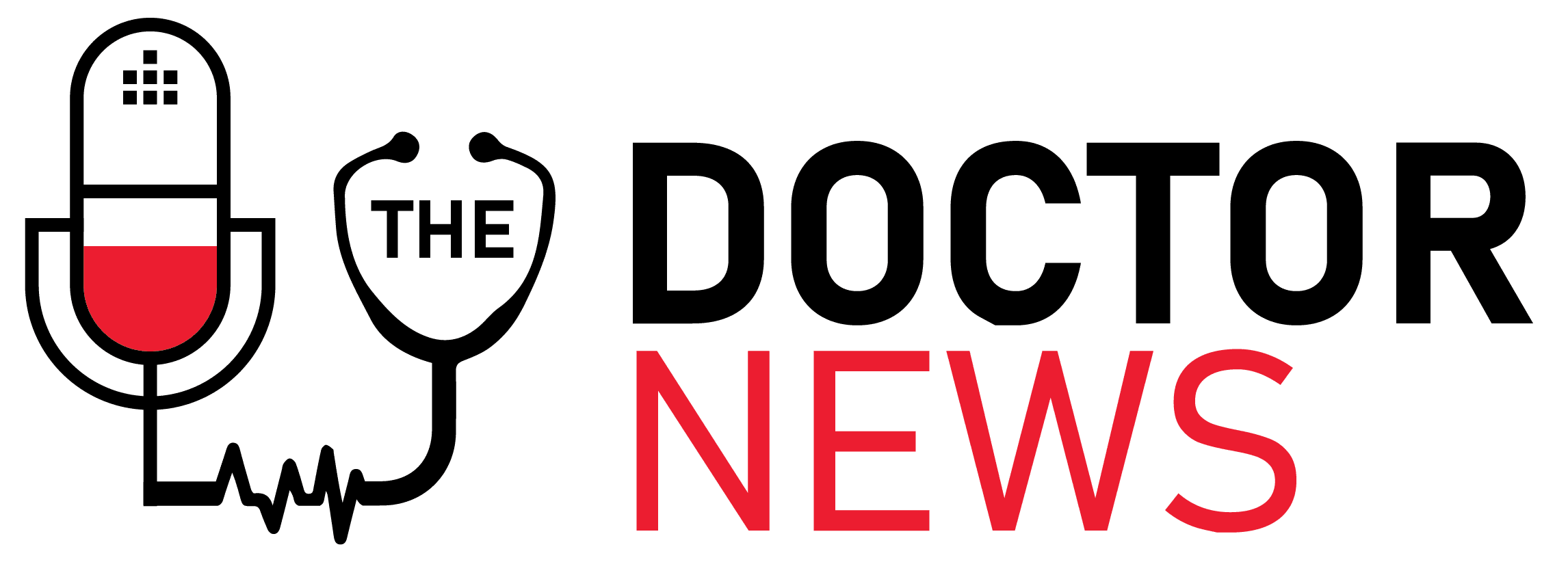
Effective Ways to Lower Your Blood Pressure

Blood pressure refers to the force exerted by the blood against the walls of the arteries as it is pumped through the body. High blood pressure or hypertension is a condition where your blood pressure is consistently high, which may lead to various health problems, including heart disease, stroke, and kidney disease.
If you have high blood pressure, you may look for ways to lower it without medications. Here are some strategies and lifestyle changes to help you achieve optimal blood pressure levels.
Adopt a Healthy Diet
A healthy diet is among the most impactful ways to lower blood pressure. Incorporate foods rich in nutrients, such as fruits, vegetables, whole grains, lean proteins, and low-fat dairy products.

Engin Akyurt/ Pexels | Daily ‘breath training’ can work as well as medicine
Emphasize foods low in sodium (salt) and limit your intake of processed and fast foods, often high in sodium and unhealthy fats. Additionally, reduce your consumption of sugary drinks and alcohol, which can contribute to high blood pressure.
Follow the DASH Diet
The Dietary Approaches to Stop Hypertension (DASH) diet is designed to lower blood pressure. It emphasizes fruits, vegetables, whole grains, lean proteins, and low-fat dairy products. The DASH diet also promotes reducing sodium and unhealthy fats. It has been shown to lower blood pressure when followed consistently and effectively.
Limit Caffeine Intake
Caffeine can temporarily raise blood pressure, so limiting your intake is advisable. While the sensitivity to caffeine varies from person to person, consider reducing or eliminating caffeinated beverages such as coffee, tea, and energy drinks. Opt for decaffeinated alternatives or herbal teas.

Meruyert Gonullu/ Pexels | The less you sleep, the higher your blood pressure may go
Manage Chronic Conditions
Chronic conditions, such as diabetes and high cholesterol, can contribute to high blood pressure. It’s crucial to manage these conditions effectively through appropriate medical treatment and lifestyle modifications. Keep regular check-ups with your healthcare professional to monitor and control these conditions, as they can impact your blood pressure management.
Get Sufficient Sleep
Quality sleep is essential for overall health, including blood pressure regulation. Aim for 7-8 hours of uninterrupted sleep each night. Establish a consistent sleep routine, create a conducive sleep environment, and limit exposure to electronic devices before bedtime. If you have trouble sleeping, consult with your healthcare professional for guidance.
Limit Processed and Fast Foods
Processed and fast foods are often high in sodium, unhealthy fats, and added sugars, which can contribute to high blood pressure. Minimize your intake of these foods and opt for fresh, whole foods prepared at home. Cooking your meals gives you better control over the ingredients and portion sizes.

Pixabay/ Pexels | Drinking water can help normalize blood pressure
Stay Hydrated with Water
Proper hydration is crucial for maintaining healthy blood pressure levels. Drink an adequate amount of water throughout the day to stay hydrated. Avoid excessive consumption of sugary drinks and limit your intake of beverages that are high in caffeine or alcohol, as they can have negative effects on blood pressure.
Practice Relaxation Techniques
Incorporate relaxation techniques into your daily routine to help manage stress and lower blood pressure. Deep breathing exercises, progressive muscle relaxation, guided imagery, and yoga can promote relaxation and reduce stress. Find what works best for you and make it a regular practice.
Consider Dietary Supplements
Some dietary supplements have been shown to have modest effects on blood pressure reduction. These include omega-3 fatty acids, garlic extract, and coenzyme Q10 (CoQ10). However, it’s important to consult your healthcare professional before starting new supplements, as they may interact with medications or have other contraindications.

You must be logged in to post a comment Login